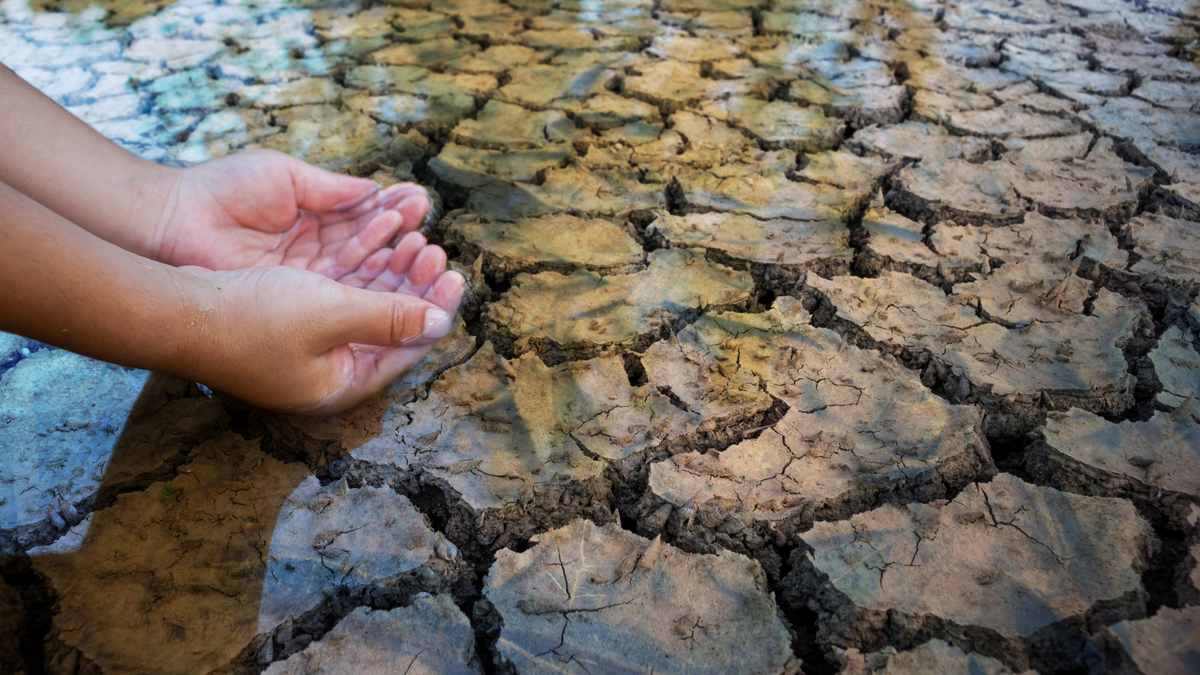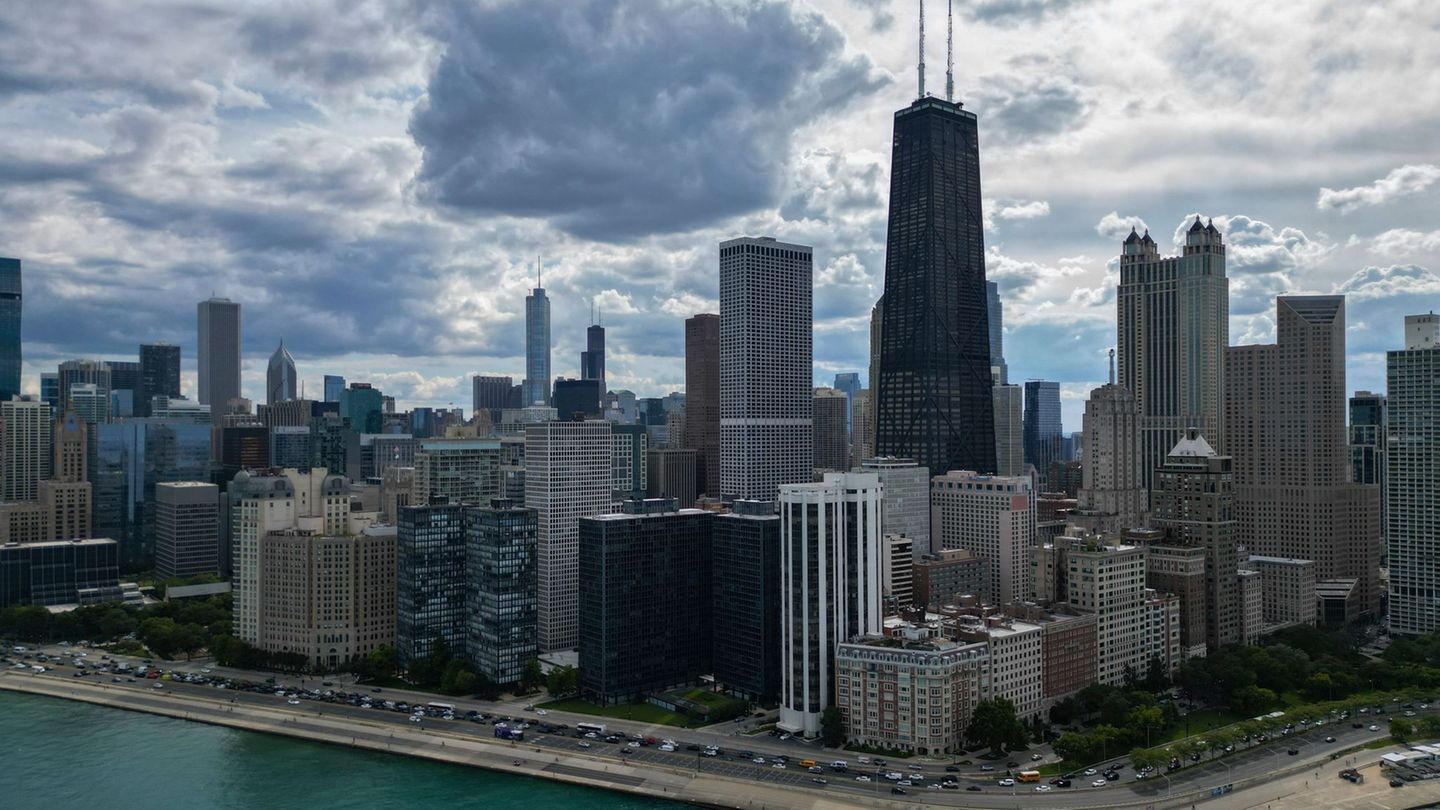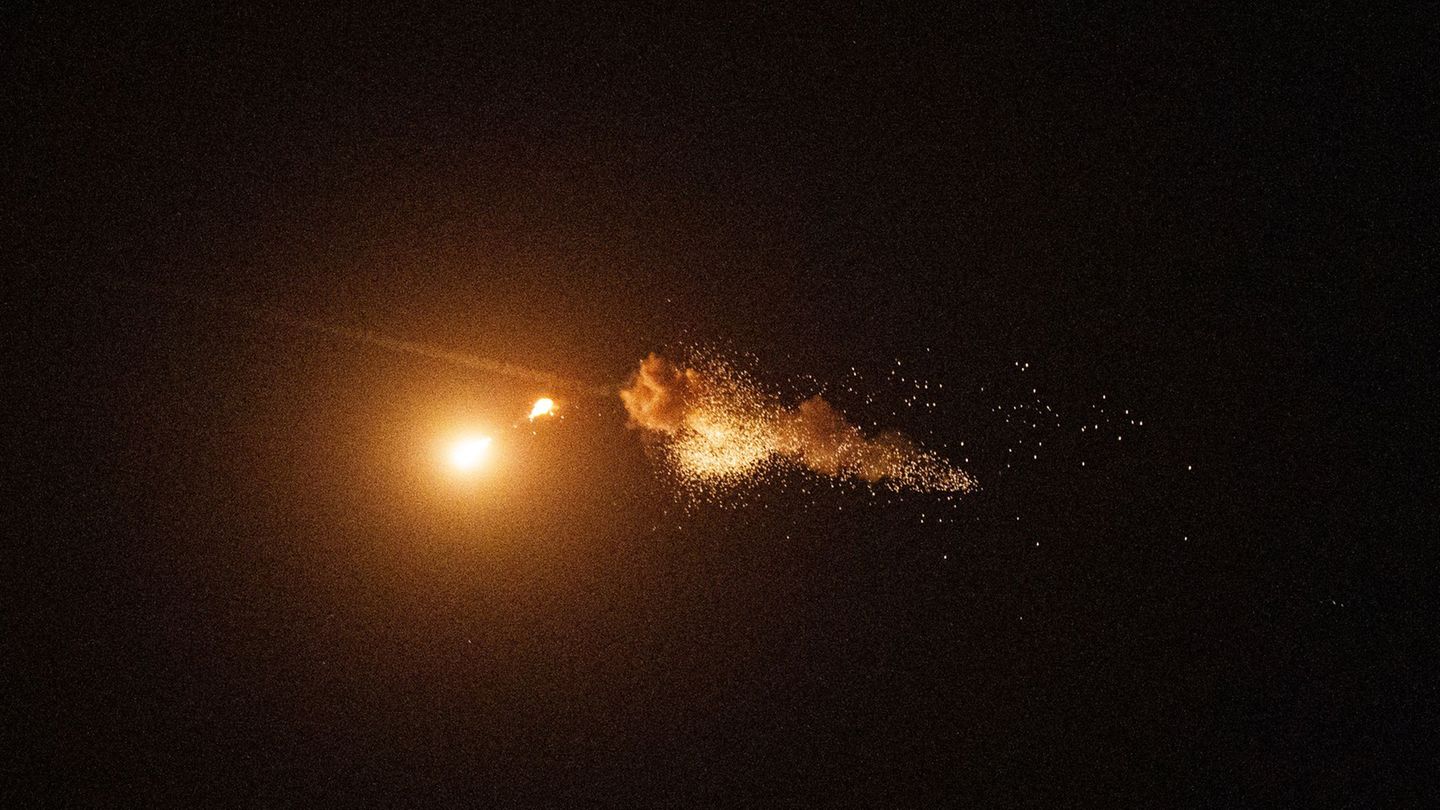This Sunday the resident coordinator of the United Nations (UN) in Uruguay, Pablo Ruiz Hiebra, published a document clarifying support for the government of Luis Lacalle Pouregarding the water crisis, after the discontent caused by the publication of a report by the agency which highlighted warnings regarding water consumption.
Ruiz Hiebra published a statement stating that the UN supports the government of Lacalle Pou, after the controversy caused by a report from the international organization questioning the use of water and the priority given to companies over human consumption.
“Since the beginning of the water emergency, the team of United Nations in Uruguay has been monitoring the situation and accompanying the response work of the Uruguayan government, in multiple areas such as the population health or potential impacts on children”establishes the statement that clarifies that this type of climatic phenomena exceeds the Uruguayan borders.
On the other hand, the statement ensures that “the United Nations system in Uruguay has deployed its crisis preparation and response mechanisms, in close coordination with the Uruguayan government” and that The organization recognizes the effort carried out by the national government.
In this sense, and closely related to the questioning of the report “UN experts urge Uruguay to prioritize the use of water for human consumption” conducted by a UN special rapporteur, Ruiz Hiebra clarified that these are framed within what is known as the Special Procedures of the Human Rights Council and that they are mechanisms “independent of investigation and monitoring of the Council that address specific situations of countries or issues in everyone”.
“The Special Procedures experts work on a voluntary basis, are not UN staff and provide an unpaid service. They are independent of any government or organization. At the global level, there are 45 thematic mandates and 14 country mandates,” the statement clarifies.
The origin of the controversy
This Friday, through an extensive statement, from Presidency criticized “the inaccuracies of the statement issued by the Special Rapporteur on the human right to drinking water and sanitation,” where United Nations considered that the government recommended reduce water consumption in homes, but without restrictions for industries.
“Government never recommended reducing human consumption of water, but rather its reduction in non-essential activities with the purpose of ensuring a better quality of water for a longer period of time”, they sentenced from the administration that leads President Luis Lacalle Pou.
When justifying the action in the face of the water emergency, they stressed that the decisions were made “preemptively” and highlighted that “The water is still drinkable.” At the same time, they indicated that they sought to “guarantee the most vulnerable sectors the purchase of double the daily average of water consumed per person in our country”. This is how they referred to economic support for the beneficiaries of the Ministry of Social Development that allows them to buy 60 liters of water per month.
However, this did not end there as the government took care to make a survey of the current situation of drinking water supply for the population, in order to settle any related questions. In this way, and according to data compiled by official sources, water intended for human consumption represents a minority portion of the total water consumed daily in Uruguayan households. They estimate that the average use of potable water per person is between 120 to 150 liters per dayand the drinking water could be estimated at less than 2%.
The report also recorded that a 96% of the Uruguayan population has access to drinking water through supply networks, and 98.4% have an improved water source, according to data from the National Water Plan. These figures indicate one of the highest coverages of access to water on the continent.
Source: Ambito




